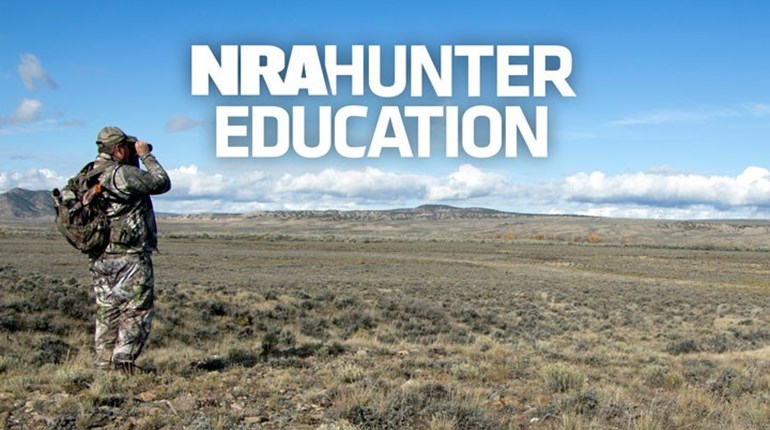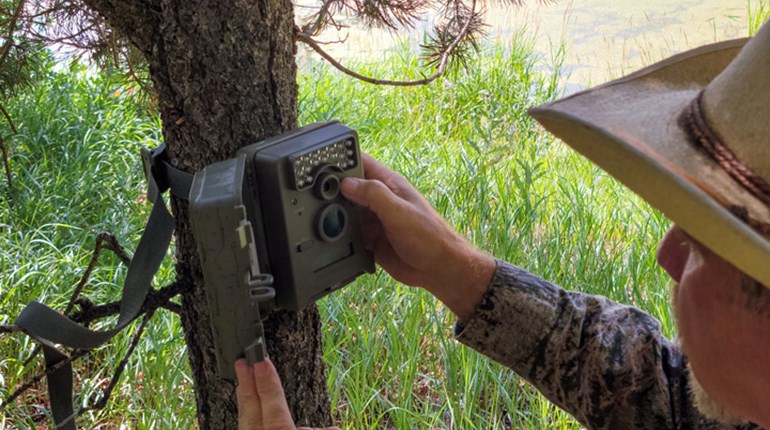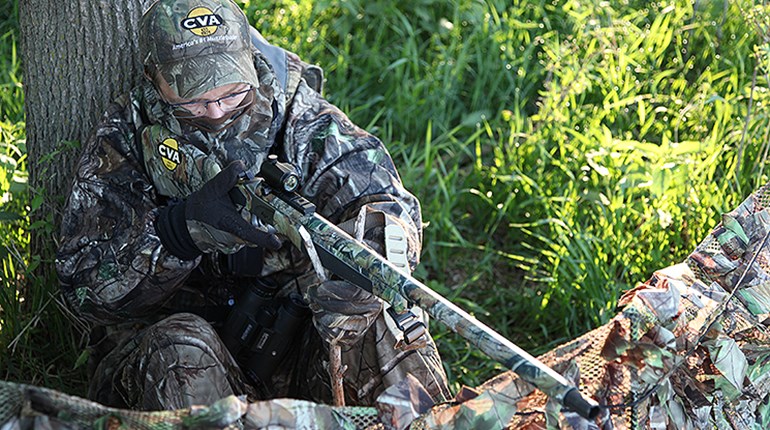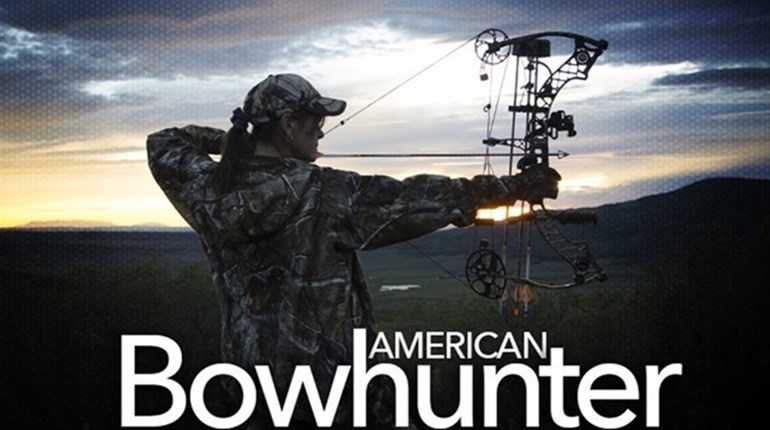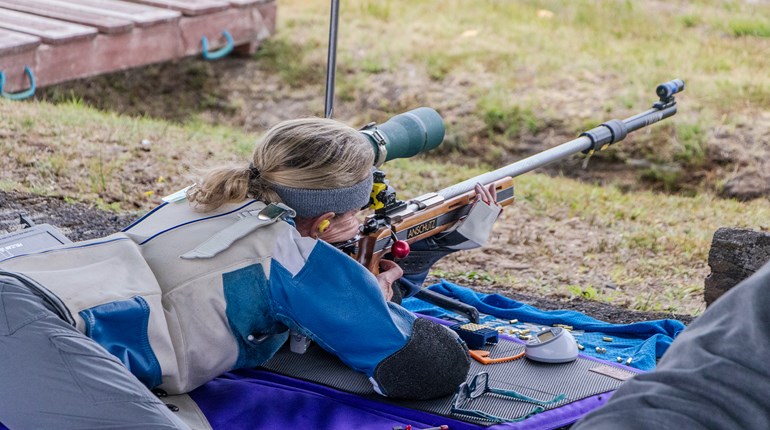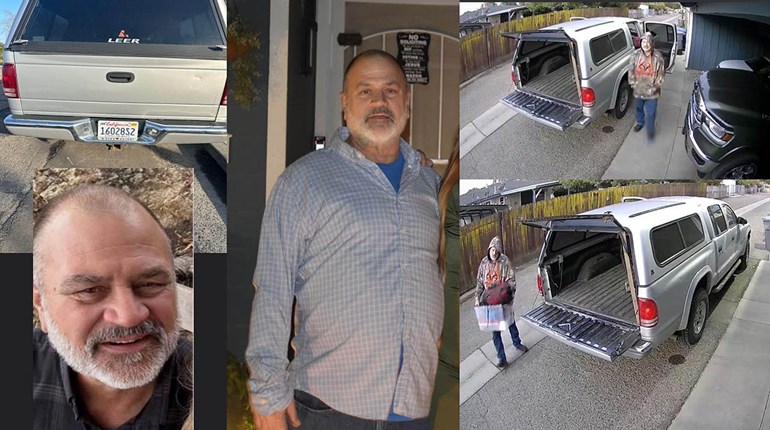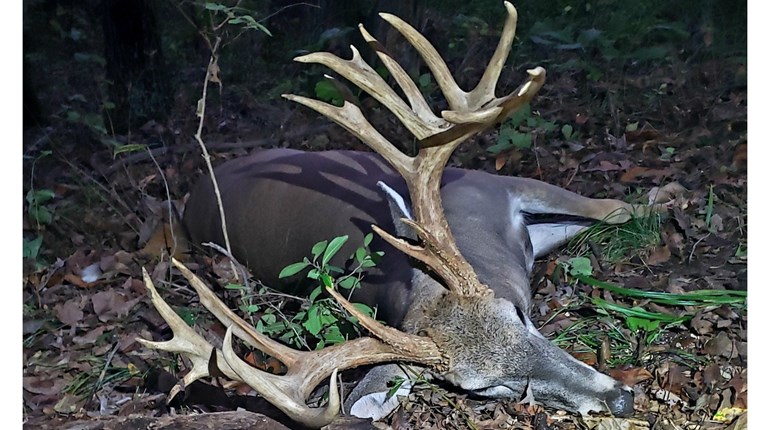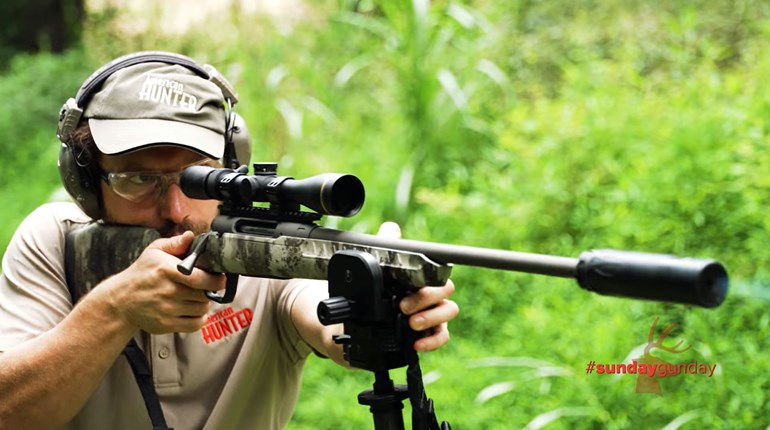
Don’t make serious trouble for yourself (or at least ruin a perfectly good day afield) by making these common mistakes, which can lead to some hefty consequences. According to the Idaho Fish and Game Department, the following list contains the 10 most common hunting violations. No matter which state you’re in, these basic rules are universal in the hunting world.
1. Failure to Properly Tag or Attach a Tag
While celebrating a successful hunt, it is easy to forget to tag your animal. However, you are required to do the necessary paperwork immediately following the harvest. Most states have tags that you either notch or create a written record for the kill. If your state requires you to attach the tag to the animal, be sure to have a way to do so; rubber bands and zip ties offer an easy solution.
2. Failure to Stop at a Check Station
Check stations are vital for state biologists to track harvest numbers and monitor the overall health of various animal species. Don’t worry; their goal is not to learn the location of your super-secret hunting spot. Instead, check station attendants record data such as the animal’s sex, weight and the general region where you hunted. Sometimes, they will also obtain various samples, like teeth and lymph nodes. These samples provide information about the animal’s age and enable them to monitor different areas for disease outbreaks.
3. No Evidence of Sex Attached to the Carcass or Meat
Some people get a little uncomfortable with this one. However, be assured, you will be much more uncomfortable when receiving a citation from the game warden. To comply with this requirement, you can either keep the head (with or without antlers), or the sex organs naturally attached to the meat. You must keep the evidence of sex until your animal reaches its final destination for storage or consumption.
4. Possession and Transportation Without a Proxy Statement
A proxy statement is a form that documents the transfer of a legally harvested game animal. Some states require you to have a proxy statement to be in possession of game meat. So if someone gifts you a hind quarter for helping them retrieve their deer, be sure to get a proxy statement. Nothing is worse than trying to convince a game warden that your buddy, who is nowhere to be found, gave you the deer.
 5. Shooting From or Across a Public Highway or Right-of-Way
5. Shooting From or Across a Public Highway or Right-of-Way
Since many animals are spotted when they cross roads, it is easy to see how an unsuccessful hunter may view them as an easy meal. Check your local laws to learn exactly how far you are required to be from a road before discharging your firearm. An ethical hunter (or a responsible human) should never even consider shooting across a road.
6. Hunting/Taking Animals in a Closed Season
Also known as poaching, hunting animals outside of the hunting season is illegal. Each method of hunting has designated dates. Read your regulations to know when you can hunt with a bow, rifle, shotgun or muzzleloader. Hunting seasons vary between states, as well as individual hunting units. Also, make sure not to get the adult and youth seasons confused (a lesson I learned the hard way.)
7. Purchasing the Wrong Class of License
Out-of-state hunters must make sure they are not purchasing a resident license. If someone accidentally sells you a resident license, you will be the one paying the price for that mistake. Additionally, all non-resident hunters must purchase non-resident tags for each species they wish to hunt.
8. Transfer of License or Tag to Another
Also known as party hunting, harvesting an animal for another person is illegal. Nobody is permitted to put their tag on an animal unless they harvested it themselves. Before purchasing tags for every man woman and child in your household, remember this common violation.
9. Trespassing
Whether accidentally or intentionally, it is illegal to enter another person’s property without permission. Verbal permission is typically not acceptable in most states. Each Fish and Game office will have template forms available to obtain written permission from landowners for access to their property.
10. Violating Road/Area Closures
Road and area closures, or restrictions, typically occur on public lands. While a road may exist, you cannot assume that it is open for motorized vehicle use. Some roads and trails are only open for use by ATVs, dirt bikes or foot traffic. Information about these closures is generally available on maps provided by the land’s regulatory agency.
Each state’s laws are different and continuously changing, so don’t assume you are familiar with them just because you have hunted before. While it can initially feel like you need to be a lawyer to go hunting, a little studying will show you that the rules are really not that complicated. Responsible hunting will not only prevent you from experiencing avoidable headaches, but it is also just the right thing to do.













